Coaching and the Laws of Physics
Share this article:
 Spinoza said, “Nature abhors a vacuum”, by which he meant that empty or unfilled spaces are unnatural as they go against the laws of nature and physics. If we create a vacuum, nature will conspire to fill it.
Spinoza said, “Nature abhors a vacuum”, by which he meant that empty or unfilled spaces are unnatural as they go against the laws of nature and physics. If we create a vacuum, nature will conspire to fill it.
What does this have to do with coaching? There are many ways in which we can use the metaphor of a ‘vacuum’ and apply this law to help us to understand what is going on.
We often find ourselves needing to create an empty space in our diary. We may have a big project to do, or need to clear a day so that we can do some serious strategic thinking. And then once we have that space created, something weird happens.
Instead of getting down to the task in hand, we find countless distractions filling the day. The emptiness of a day becomes filled with detritus before we get to the big thing we were going to work on. So, the presence of a ‘vacuum’ in our schedule creates this strong urge to fill the space. We often criticise ourselves with this habit, seeing it as procrastination. Perhaps a better way to see it is simply as the workings of this natural law. If we are not careful, we find the wrong things filling the gap.
One way to overcome this, is to change the order in which we do these things. It is often better to put the new task in to the mix before we create the space, so that it is the first thing to drop into the vacuum ahead of anything else. So, create overload, then a space in the diary. The sequence of this is critical to success.
There is an equal and opposite law which is often referred to which explains what is happening here. It is called Parkinson’s Law – work expands to fill the time available. So, if we start creating spaces in our diary, we need to be clear what we will do with them if we are to be sure that we will focus on the right things.
